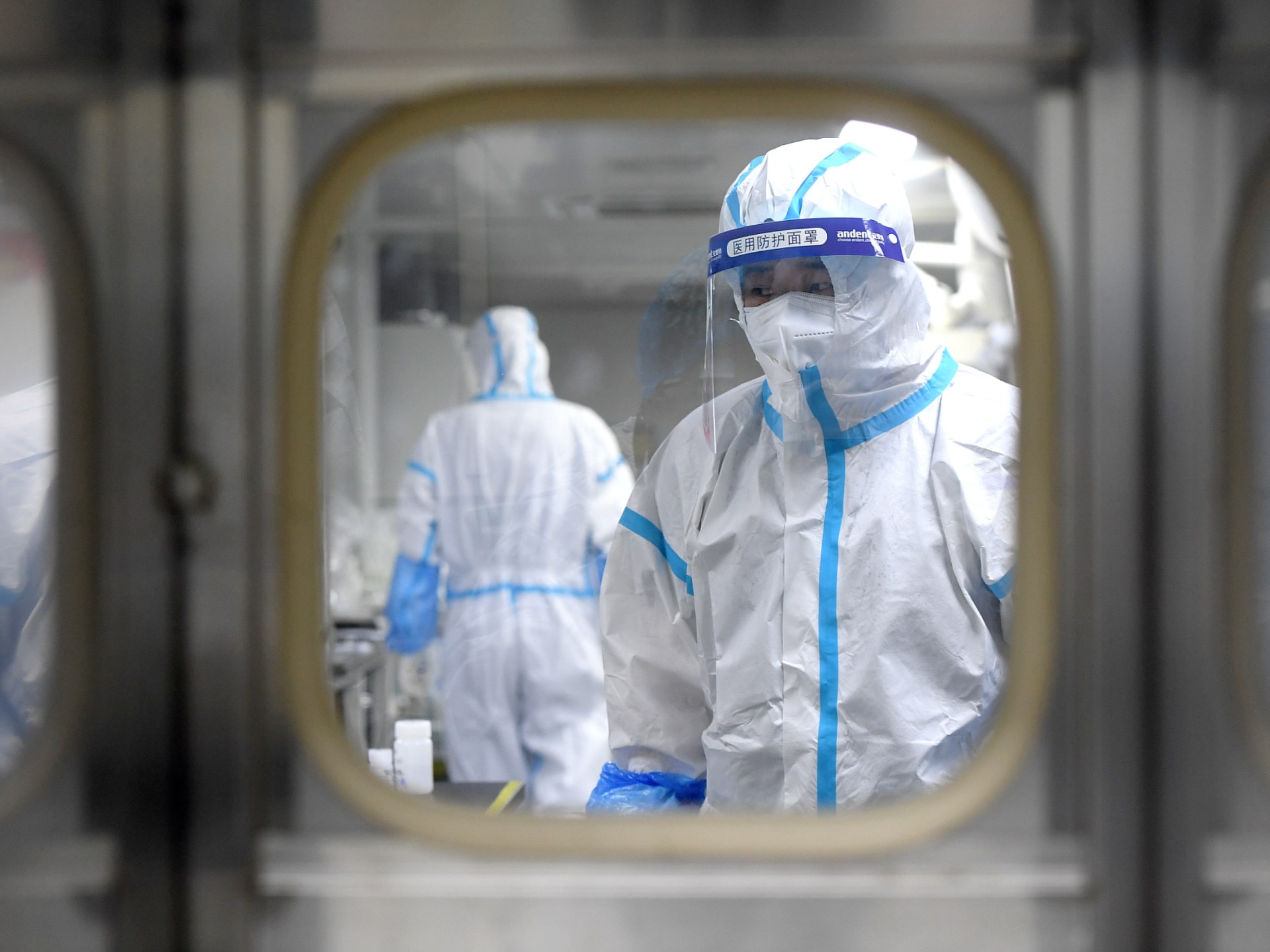Infection
WHO asks China for more details on unexplained pneumonia outbreak
Reports that children’s hospitals in Beijing, Liaoning and other cities are ‘overwhelmed with sick children’.
The World Health Organization (WHO) has asked Beijing for more information on an outbreak of mysterious pneumonia in northern China that appears mostly to be affecting children.
The WHO made “an official request for detailed information on an increase in respiratory illnesses and reported clusters of pneumonia in children,” the United Nations health agency said in a statement on Wednesday.
China has been experiencing an increase in cases of influenza-like illnesses compared with the same period in the previous three years when strict measures were in force as part of its zero-COVID strategy.
That policy was abruptly abandoned in December 2022.
The WHO noted that China’s National Health Commission told a press conference earlier this month that there had been an increase in the incidence of respiratory diseases, attributing them to the lifting of COVID-19 measures and the spread not only of COVID-19 but pathogens such as influenza, mycoplasma pneumoniae (a common bacterial infection which typically affects younger children), and respiratory syncytial virus (RSV).
Earlier this week, ProMED, an online medical community that raised questions in late 2019 about an unknown illness circulating in Wuhan that later became COVID-19, noted a growing number of media reports of clusters of undiagnosed pneumonia among children in northern China.
FTV News, a Taiwanese media outlet, reported that children’s hospitals in Beijing, Liaoning and other places in the north were “overwhelmed with sick children” and parents were questioning whether the authorities were “covering up an epidemic”.
ProMED said more definitive information on the “concerning illness” was needed.
Noting that it was unclear whether the outbreak in northern China and the overall increase in respiratory infections previously reported by Chinese authorities were linked, the WHO said it had asked Beijing for more detailed information on the situation.
“WHO requested additional epidemiologic and clinical information, as well as laboratory results from these reported clusters among children, through the International Health Regulations mechanism,” the statement said.
“We have also requested further information about recent trends in the circulation of known pathogens including influenza, SARS-CoV-2, RSV and mycoplasma pneumoniae, and the current burden on health care systems. WHO is also in contact with clinicians and scientists through our existing technical partnerships and networks in China.”
Writing on social media platform X, Dr Krutika Kuppalli, who is part of the WHO’s emergency programme, noted the illness “could be anything” and that many countries had outbreaks of respiratory illness after lifting lockdowns. “We need more information about symptoms, epidemiology and what has been tested,” she added.
The WHO urged people in China to take steps to reduce their risk of contracting a respiratory infection including updating vaccinations, maintaining a distance from other people, wearing masks when necessary and staying at home when sick. Testing was also important, it said.
The first cases of what turned out to be COVID-19 were reported as unexplained pneumonia in late 2019 with the first death from the disease in January 2020 the same month that China shared publicly the genetic sequence of COVID-19.
“Deeply concerned” by the rapid spread and severity of the virus as well as by “the alarming levels of inaction“, the WHO declared a pandemic in March 2020.
A WHO team finally visited Wuhan to investigate the outbreak in early 2021, but the origins of the virus remain unclear.

